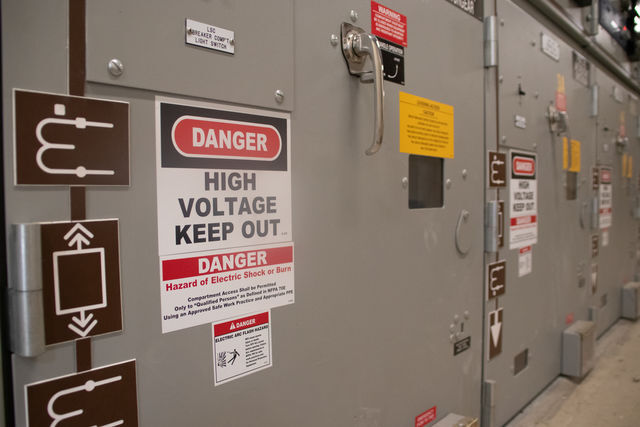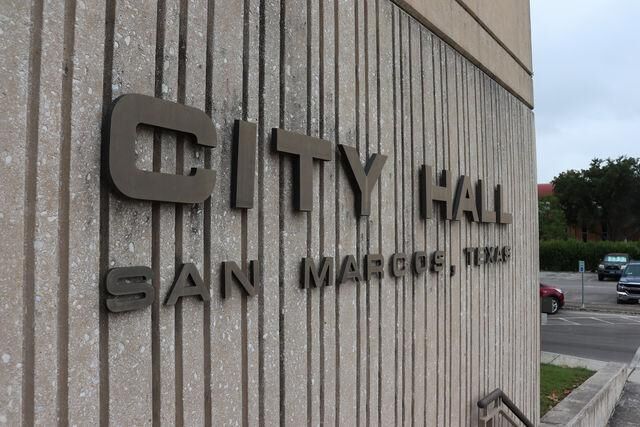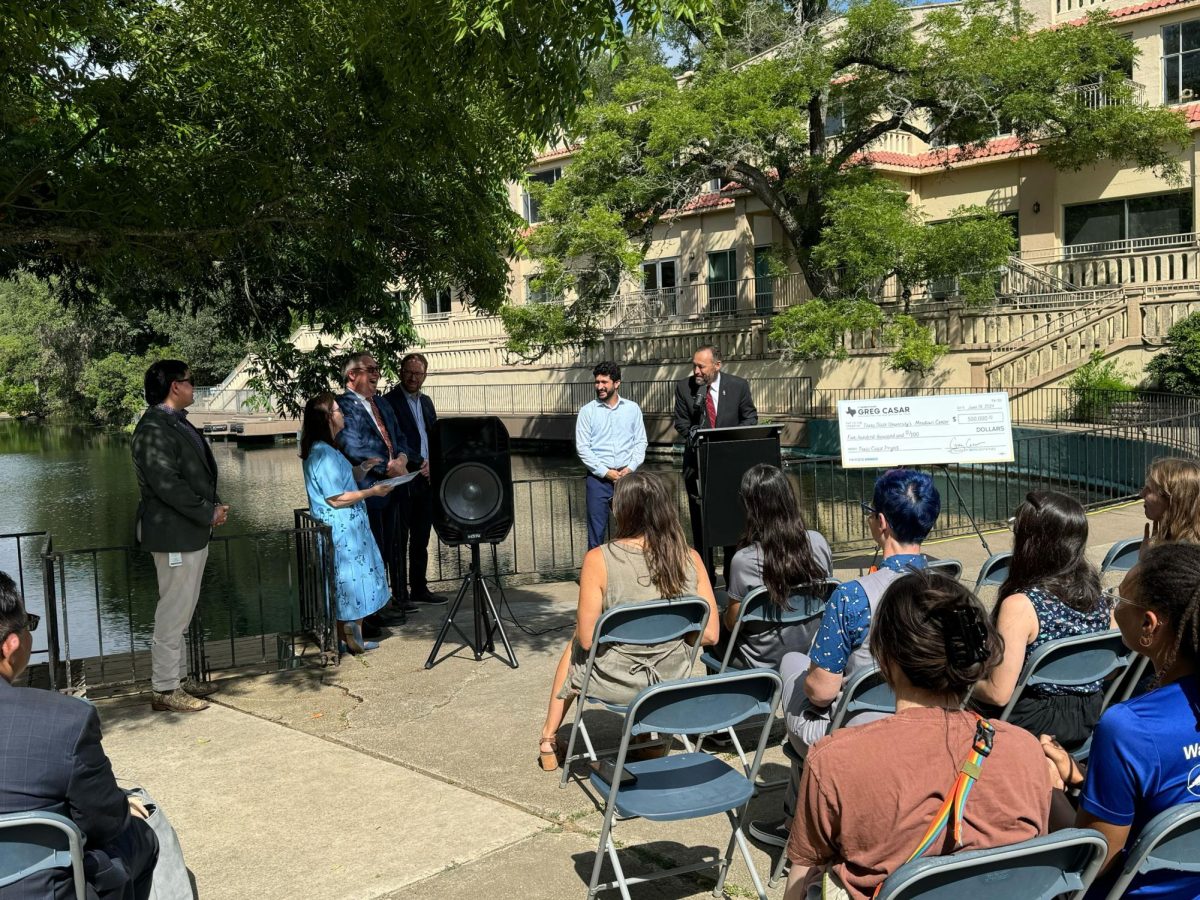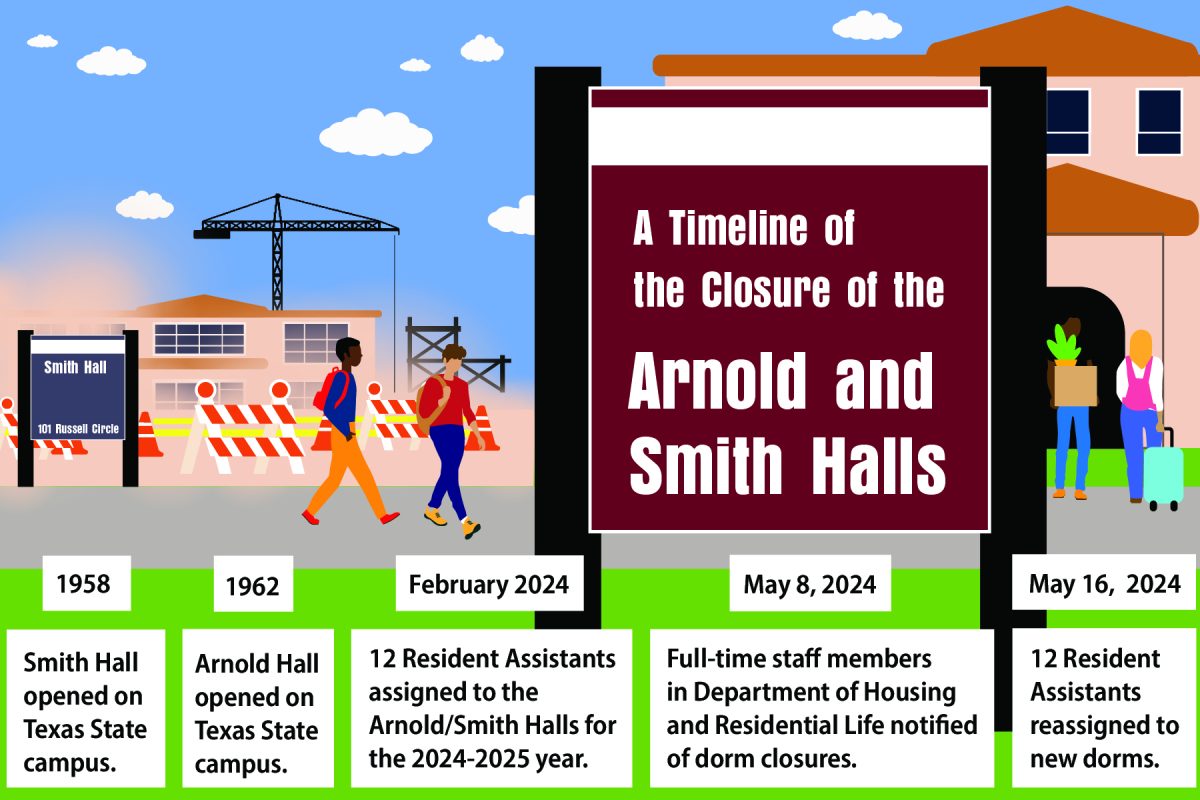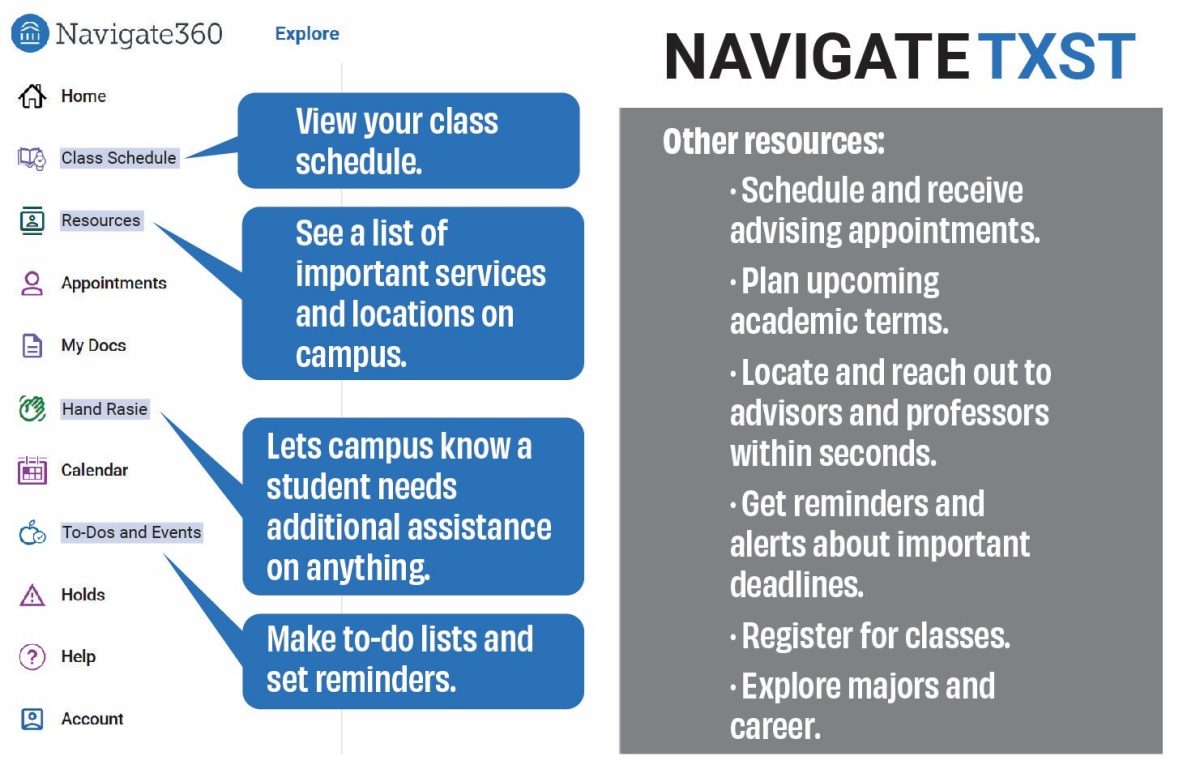After enduring the freezing temperatures and blackouts of February’s Winter Storm Uri, the San Marcos community braces for the possibility of yet another outage, this time accompanied by the Texas summer heat.
The Electric Reliability Council of Texas (ERCOT) issued a warning on June 14 requesting Texans to conserve energy and reduce their electricity use. ERCOT claimed the state’s electricity grid was in tight conditions due to “record electricity use and generator outages” throughout Texas.
In its statement, ERCOT asked Texans to set thermostats to 78 degrees or higher, turn off lights and pool pumps and avoid using large appliances like ovens, washing machines and dryers.
As of July 6, there have been nearly 1,280 power generators that endured power outages this summer. Most outages occurred outside of ERCOT’s energy conservation request period of June 14-18.
After experiencing rotating outages during Winter Storm Uri, San Marcos resident Gabriela Solis has become wary of electrical accessibility this summer.
During February’s storm, melted snow flooded Solis’ apartment, forcing her to evacuate and temporarily live with a friend who also lost power. Solis, like other local residents, faced the bone-chilling temperatures with no power or heat to keep warm.
“After my apartment flooded, I spent that night with my friend that I was going to end up staying with for the month. We all slept on the same bed because we just didn’t want to risk getting too cold, and we figured the body heat would be good for all of us. Same with my dog, she slept with us under the blankets, but she did not eat for a long time,” Solis says.
These rolling outages, according to a notice released by ERCOT on Feb. 14, were granted to ERCOT by the U.S. Secretary of Energy, who hoped to preserve the electric power system. After encountering February’s outages, Solis is hesitant to trust ERCOT and worries how summer blackouts might affect low-income communities.
“[The power outages] weren’t really normally controlled. I heard that some skyscrapers in Austin had power the entire time, but lower-income communities didn’t have power for like three days straight,” Solis says. “I’m afraid something like that might happen again, which definitely wouldn’t be fair, and, with these record high temperatures, I don’t think it’ll be good.”
February’s power outages impacted not only citizens but local businesses too. Garcia’s Restaurant, located at 403 S. LBJ Drive, experienced various drawbacks from the power outages during the winter storm.
“The whole area was out of power for about a week. We had to throw away a lot of food from the refrigerators,” says Nicholas Crawford, a part-time manager for one of Garcia’s San Marcos locations.
After waiting a week for power to be restored, Crawford says only half of the restaurant’s menu was available due to minimal produce in stock. Crawford adds it was difficult for employees to return to work as roads remained icy and homes were powerless. Despite these experiences in the spring, Crawford is not worried about the possibility of summer power outages.
“We would probably still keep the business open. Snow and icy roads were a large reason for the store closing last time,” Crawford says.
To prepare for the possibility of another outage, Texas State made immediate efforts to limit energy usage following ERCOT’s June warning. Director of Utility Operations James Vollrath says the university sent an email advising the campus community to adjust thermostats, turn off lights and unplug devices.
The university currently uses $7 million to maintain its power operations. Vollrath suggests the behavior of Texas State’s energy consumers leads to energy conservation at the university. He adds Texas State continues to find ways to conserve energy every semester.
“We do have some building automation system controls that we’re able to adjust on a more of a global perspective and adjust temperatures. That’s a bit more tedious and time-consuming, but we started to do that. In those days, in certain areas that we felt, you know, we can move it from 74 degrees inside to 76 or 78,” Vollrath says.
In the event of summer power outages, Vollrath says he is not worried about the university’s ability to return power. With no icy roads preventing campus personnel from doing what is necessary to restore power, such as manual switching, he believes there will be a labor force readily available to assist.
San Marcos resident Kirsten Covington says they don’t fully understand the reasoning for potential outages this summer. According to Covington, there have yet to be record-high Texas temperatures, thus planning for outages seems overboard.
“I don’t think we’ve had any record high temperatures this summer, and I remember the drought in 2011 really well. I am from a family of farmers, and I remember how hot it was then,” Covington says. “It’s Texas, every summer we’re seeing degrees above 110. I mean that’s not unusual, that’s expected. I think it really speaks to [ERCOT’s] lack of willingness to try and foresee the future.”
While the warning was dismissed on June 18, the 2021 Summer Reliability Assessment conducted by the North American Electric Reliability Corporation (NERC), indicated that regardless of conservation, power outages might be unavoidable in the state as extreme weather conditions can put the state at an “elevated risk.”
Following ERCOT’s warning, Gov. Greg Abbott signed Senate Bills 2 and 3 into law on July 8, requiring improvements on generation, natural gas and transmission facilities to handle extreme weather conditions. The bills also requires the Texas Railroad Commission and ERCOT to investigate these facilities. Any failure of improvement can lead to a $1 million fine.
A “Power Outage Alert” was also issued under the bill which will alert Texans whenever the supply of power does not meet the demand.
Despite a rise in concerns from the recent notices, ERCOT states the power grid has maintained stable conditions but warns it may call on consumers to reduce energy if and when there is another high risk to the system.
Community prepares for summer outages following ERCOT conservation warning
July 14, 2021
Donate to The University Star
Your donation will support the student journalists of Texas State University. Your contribution will allow us to purchase equipment and cover our annual website hosting costs.











